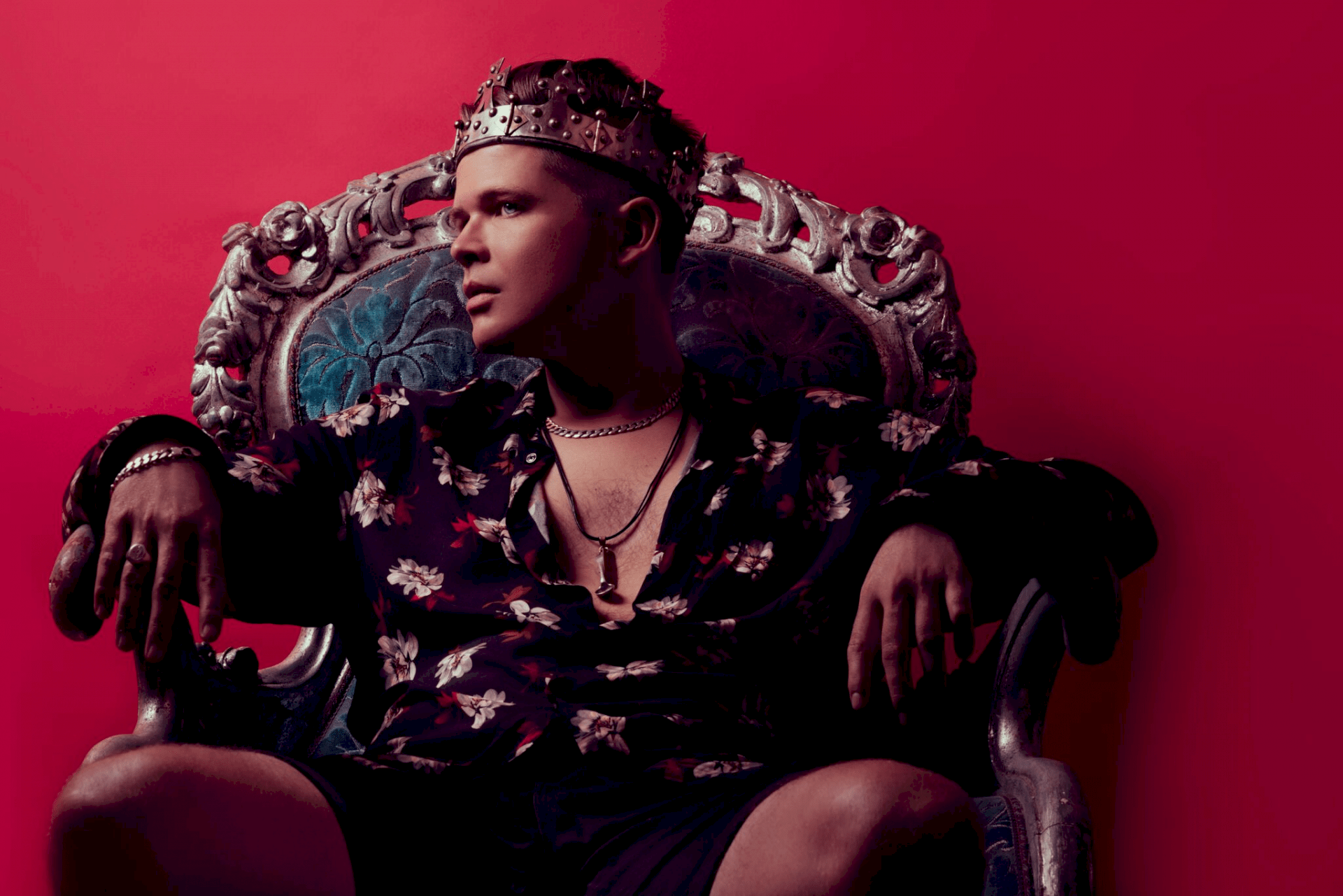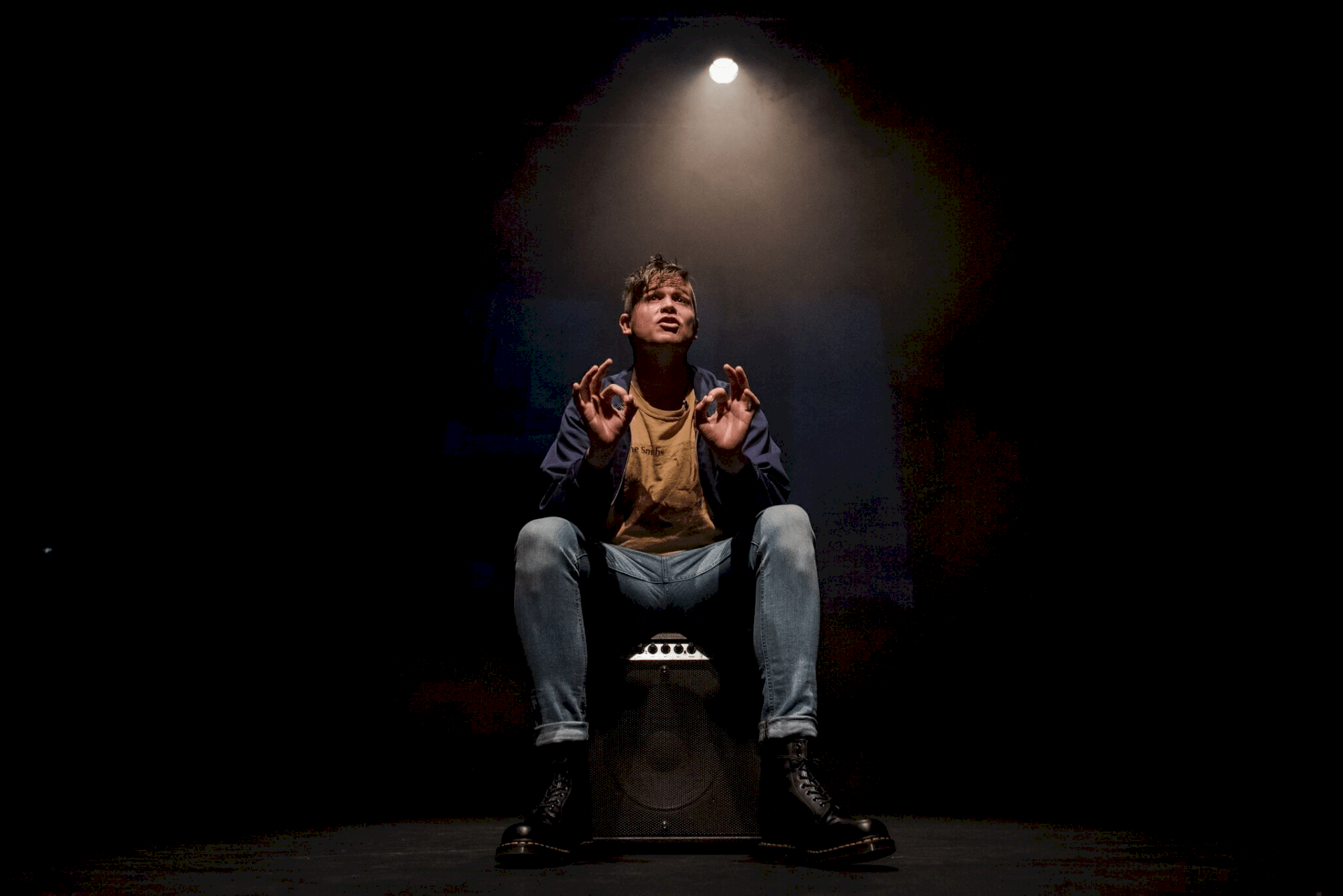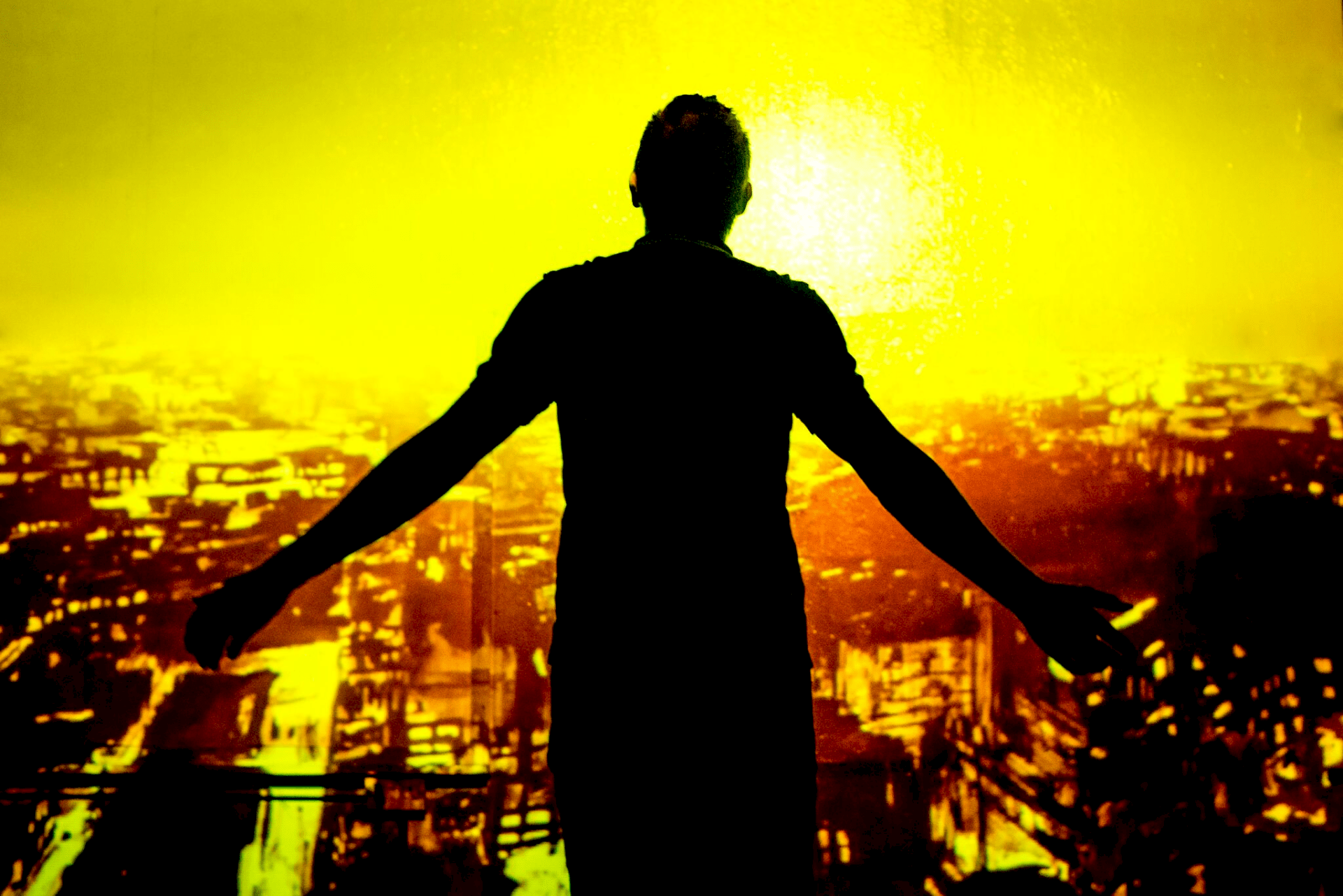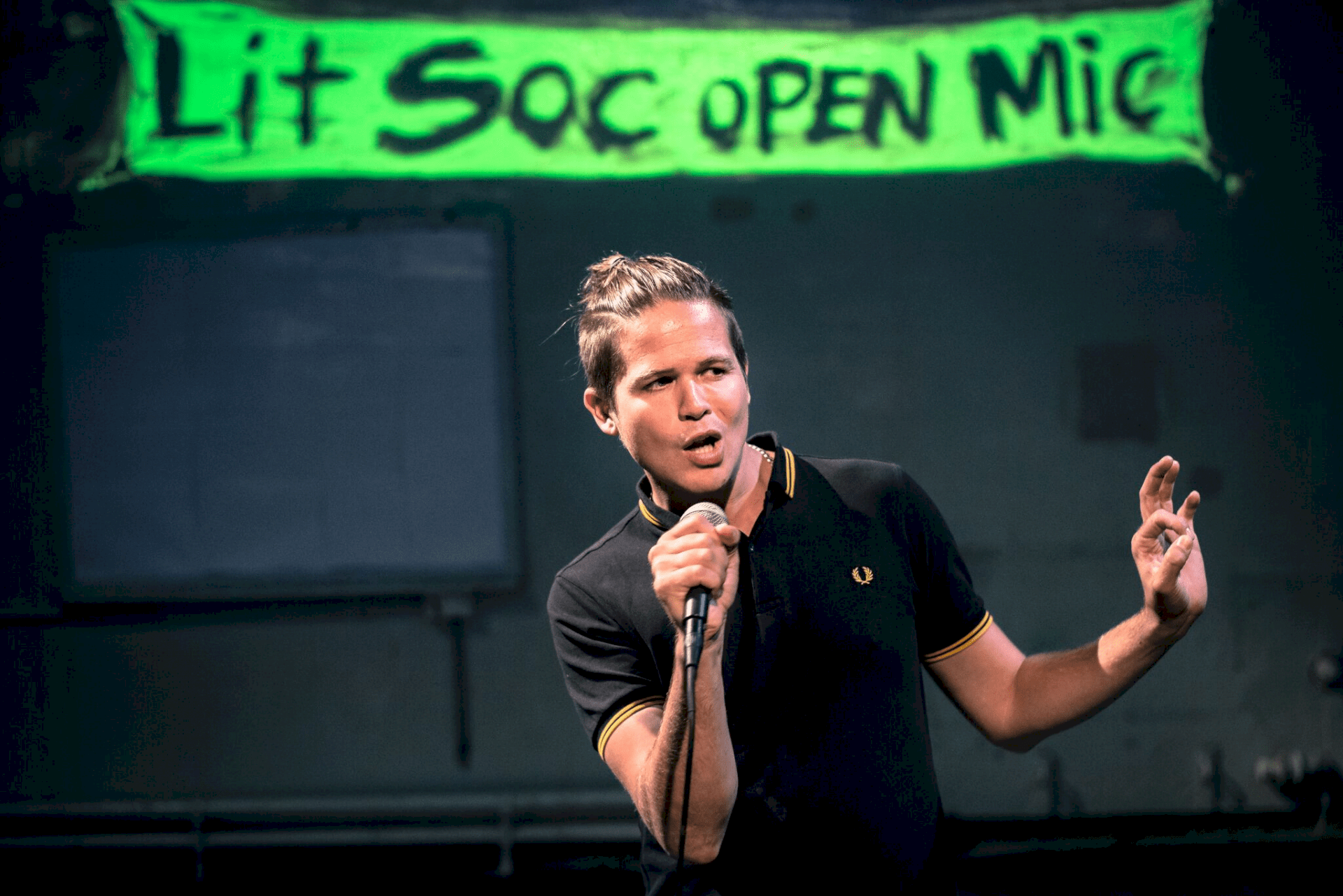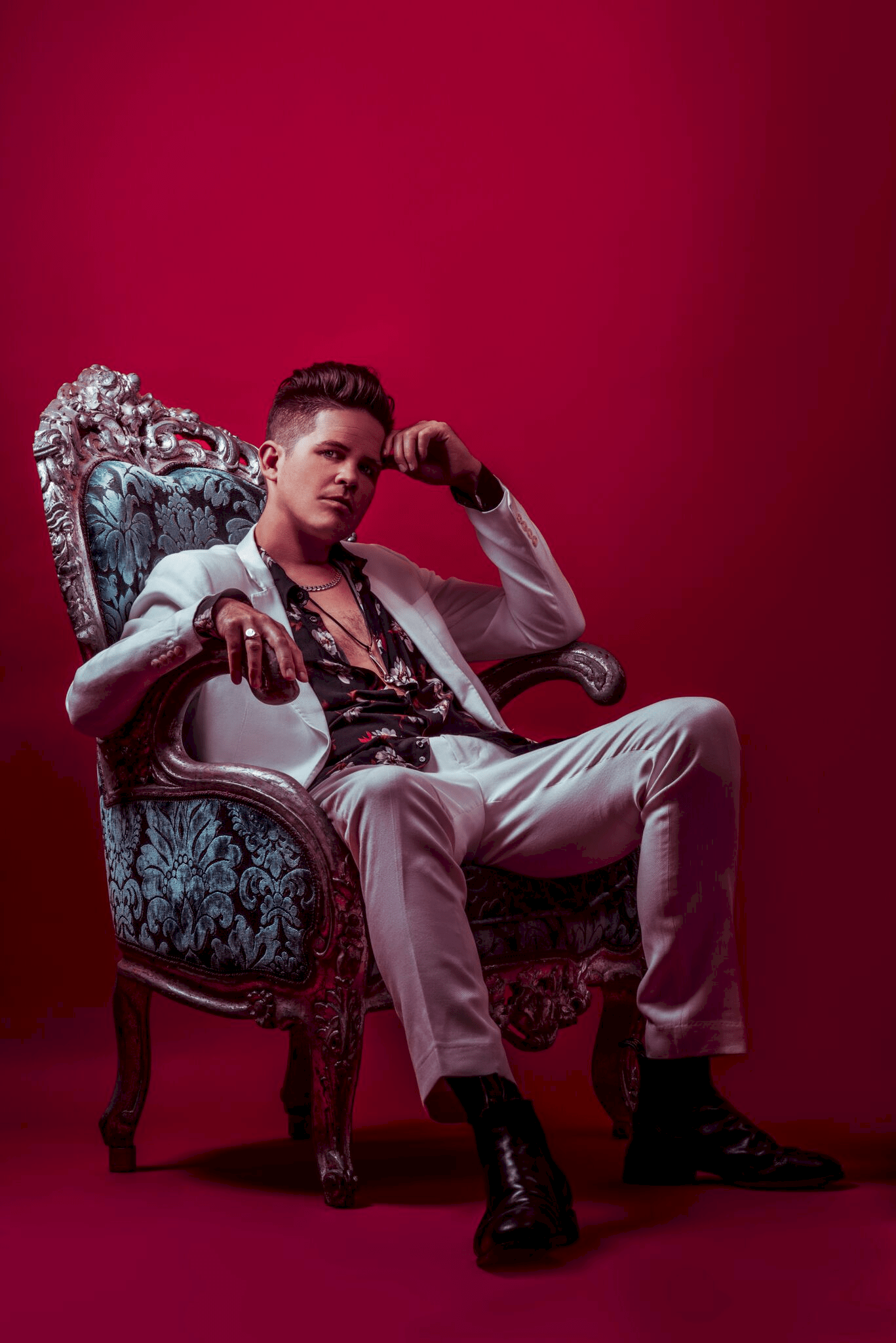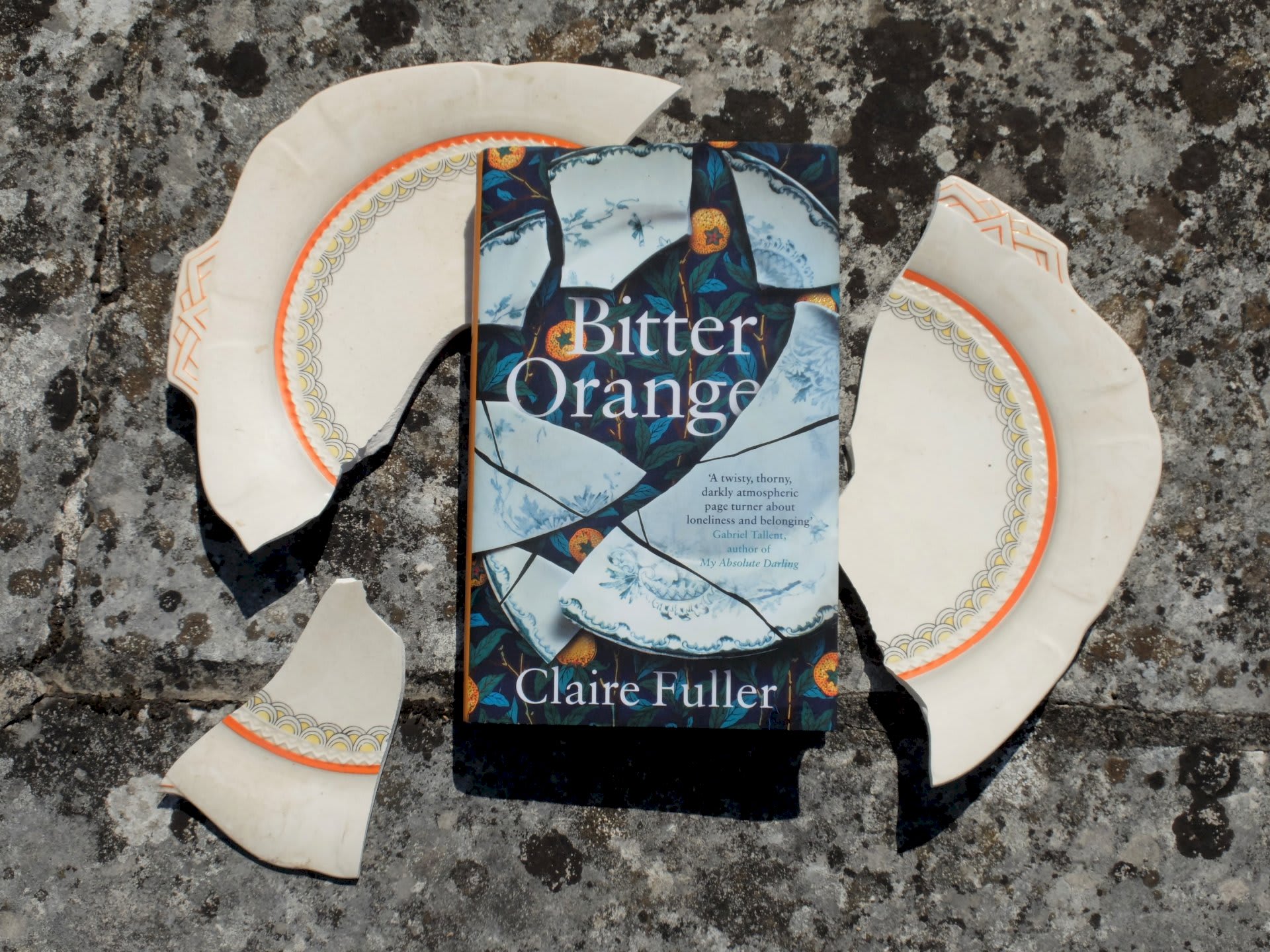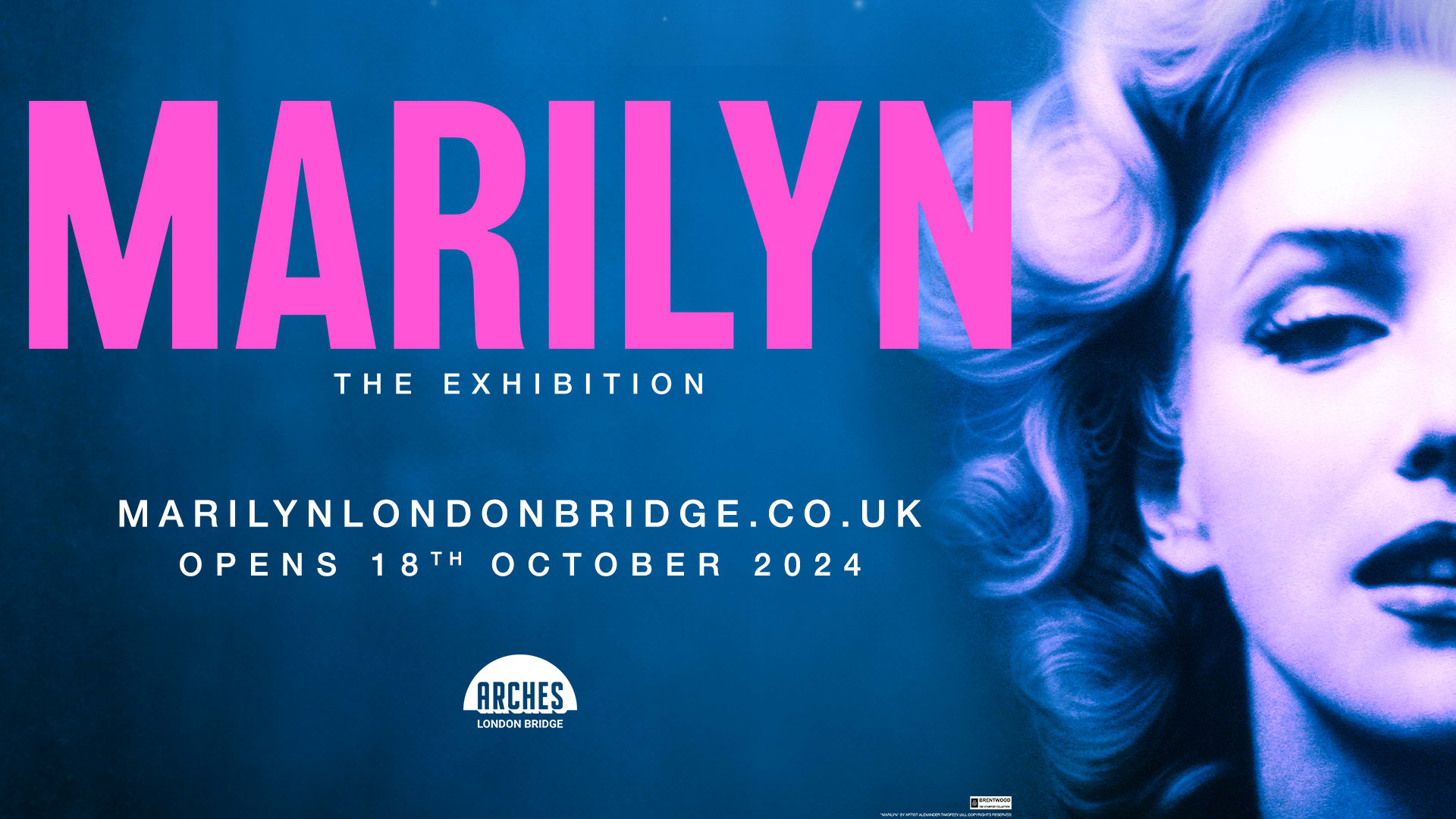Stand-up poet Luke Wright is up at the Fringe with his show Poet Laureate when he speaks to us. Three shows from the end of his run, he talks the importance of place, whether poetry can effect change, and Frankie Vah – his second verse play set when Britain was governed by Thatcher – as we celebrate National Poetry Day (4 October).
When you started writing and performing poetry, did you know others your age doing the same thing?
There was Ross Sutherland – a couple of years older than me. I saw him in 1998 at Colchester Arts Centre, supporting John Cooper Clarke and Martin Newell. He was amazing – I still think he’s amazing. I started off doing support stuff for Ross, and we sort of clung to each other because there was no one else our age really doing it – certainly not in the way that we did it. It wasn't the usual thing back then. The scene was so much smaller and disconnected because there wasn't the internet.
Did you feel like outsiders?
Only in a good way, a way we enjoyed. Ross and I didn't really fit in anywhere. We'd sometimes perform at indie nights and people didn't really want to hear poetry there, we'd sometimes go to a local poetry night and they thought we were a bit shouty, and at a comedy night you weren't really funny enough. So we sort of felt like we were somewhere between those three worlds.
Had you not ended up doing what you do, what do you reckon would have happened for you?
I don't know – I probably would have been a journalist. Journalism interested me, but trying to pursue it felt like a full-time vocation and I didn't have the mental energy. So I was like, ‘Well, I’m just going to work jobs that I don’t want to do – I'm going to temp – and try and make poetry work for me. And if I can't make poetry work for me, in three years' time I'm going to put that on the back-burner and pursue something I really want before I get too old and it becomes too late.’ I dedicated myself to doing this and it paid off. I've got a line in Poet Laureate, 'I lived the life a wide-eyed child chose'.
Essex has been integral to your poetry, hasn't it?
A place is important; place is part of identity, identity is important. I think you need to know who you are, to a certain extent, to write stuff. I grew up in Essex and Essex is part of who I am – I have the poem 'Essex Lion' and people do associate that with me, it’s quite a well-known poem of mine. But where I live now in Bungay is just as integral.
Is Frankie Vah an angry piece?
No, it's not actually. It's not a play shouting about Thatcher; the character shouts about stuff like that, but that's not what it's about. It is quite a hopeful piece, certainly at the beginning. It's about being young and wanting to care about stuff. It's impassioned, I would say, more than angry. The protagonist is just really into poems and politics – and this young, zealous passion comes across.
The theme of National Poetry Day 2018 is ‘Change’ – can poetry truly change anything?
Of course it can, because poems and words can change people, and people can change things as a result. The Great Escape by Blur, a brilliant portrait of Britain, changed me insomuch as it made me want to write – it changed my life, it was the beginning of things. On a more serious level, the words of poets have lodged in the hearts of people who have gone on to be great revolutionaries and leaders. Words can change the world.
Your poem 'Sue's Fourteener' contains the words, 'This world's more good than bad.' Do you believe that?
That’s very important in that poem insomuch as it’s not supposed to be a big, world-beating, poetic line; it's a very colloquial, slightly clichéd line, and it's Sue’s little mantra that the world's more good than bad. And we're left wondering whether that's true or not given the things she's dealing with. I do actually believe it, I think I do, I think I am a glass-half-full kind of person – I think things will probably be alright. I don't want to be vapidly glossy about it, because obviously there are some things which are terrible, but I do generally think we often have the power to deal with things in our own way and choose how much things affect us. I do think life is more good than bad – otherwise why would we all f*cking bother with it?
Frankie Vah Tour
Cheltenham Literature Festival | 7 October
Wickham Theatre, Bristol | 10 October
The Old Market, Brighton | 11 October
Perch, Bicester | 30 November

